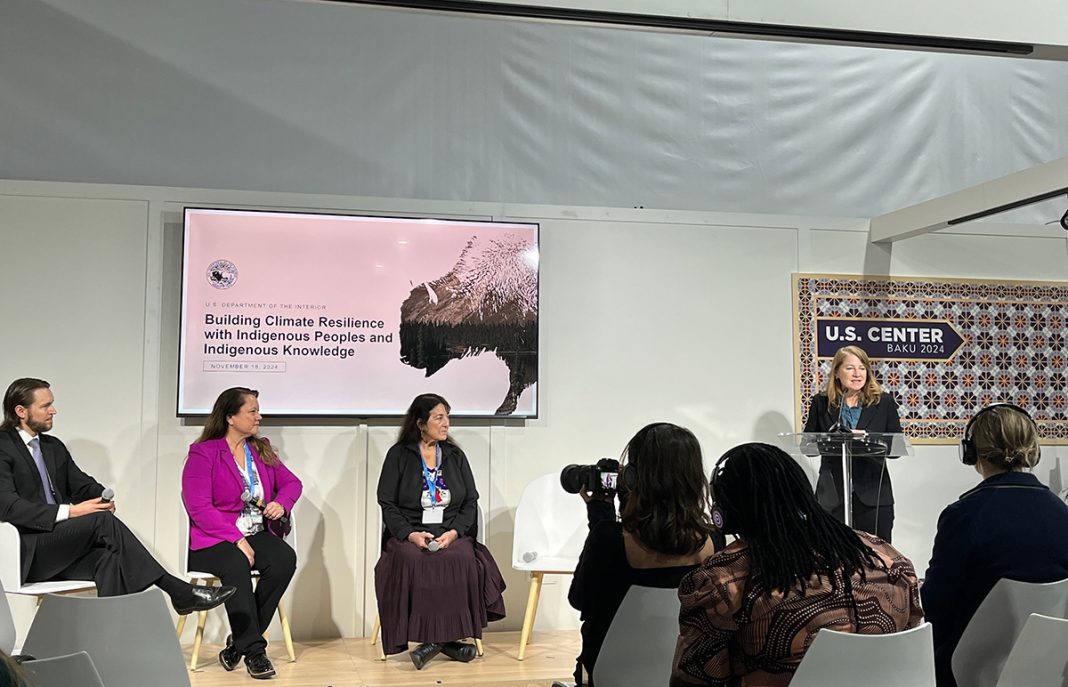I love the question: “Who are my people?”
I like answering it. I like asking it in community dialogue spaces, and I love to hear how it forces us to turn the cogs in our minds about who, what, and where we come from.
My people are: loud, caring, passionate, funny, emotionally mature and emotionally immature, fire signs, water signs, everyone in between. My people are Afro-Brazilian, Euro-American, Latinx, young, elders, kids, bookworms, organizers, disorganized, chaotic, calm, joyful, curly, tall, short, energetic, so so so loving, and the list goes on.
Every time I am asked this or ask it, I feel I have left some huge faction of my reality out; and yet, I am consistently finding out who my people are, and what my place is in the world. Part of my reality is that my people, globally, continue to suffer in many places, and my people in other places, continue to turn a blind eye to what is happening at present and historically.
As a person coming from the United States, but having a foot in multiple global community spaces calls for me to show up in a way that is consistently mindful and doesn’t take up as much space as possible. Being in this COP space has been a whirlwind, to say the least. Having now completed four of these conferences has taught me a lot about my people and the place I come from. It shows me a lot of the realities that our country would rather us not notice.
I will gladly continue to remind folks that I did not know what COP or the UNFCCC was until a few weeks before my first one, COP26 in Glasgow, Scotland. I learned while I was on the go, and I didn’t have much support through that experience. I did not know what Loss and Damage was until a few weeks before my second, in Sharm-El Sheikh, Egypt.
I am still learning, and there seems to be a different lesson each time.
As I’ve grown through this experience of attending these yearly conferences, it has become clear that the country I come from is a consistent blocker to all forms of progress. And yet, it tells the people back home that we emerge triumphant, time and time again. The Global South has been fighting for a just, equitable transition away from fossil fuels and towards a regenerative economy, and, year after year, countries from the Global North, like the U.S., tell them (and us) that this just, equitable reality we could be living in, is not only not a priority, but simply “not attainable.”
Year after year, Civil Society attends this conference, and others like it, only to have our voices diminished, our presence limited, and turned away just to plan to “talk about it next year.” While we see 1,700+ fossil fuel lobbyists attending this year, down almost a thousand from last year, we started this conference knowing that the COP president is striking oil and gas deals on the ground, because it’s a good business opportunity! How am I supposed to go home and tell my people that we have achieved some sort of solution to the climate crisis here? How am I supposed to build a global community that is just, kind, caring, regenerative, and community-centered when the highest level of supposed solution-focused conversation ends up like this? How am I supposed to tell young people that they should still have hope?
These questions, while potentially negative in scope, don’t leave me feeling hopeless, disdainful, or dejected, have actually pushed me to remind myself (and others) that this is not the final solution. These people making decisions for us are not rooted in community and ancestral intelligence. They are not our people. And yet, our people must figure out ways to come together and actualize the solutions that we know we possess.
If we’re now looking at 2.5 degrees Celsius global annual temperature increase, it has come time for us to change our tactics.
It has come time for us to take all that our communities know and put it into practice, globally. Because this event’s success is not dependent on climate negotiators and finance mechanisms that colonial governments have no intention of funding… the success and future of our world depend on our people. One people. There is no Planet B. The question won’t be will the planet be here? The question is: Will we be here?
Analyah is a Climate Generation Window Into COP delegate for COP29. To learn more, we encourage you to meet the full delegation, support our delegates, and subscribe to the Window Into COP digest.

Analyah Schlaeger dos Santos is a young Afro-Brazilian-American woman born and raised in North Minneapolis, Minnesota. After living in Atlanta, Georgia, she moved back to Minneapolis in 2015 to study Global Relations and Environmental Justice at the University of Minnesota and the Higher Education Consortium for Urban Affairs. She has been an aquatic guide to all ages for 12 years and counting and loves to infuse environmental wellness into her frameworks.
She is currently the International Campaign lead at MN Interfaith Power & Light, and serves on the board of multiple local organizations.


